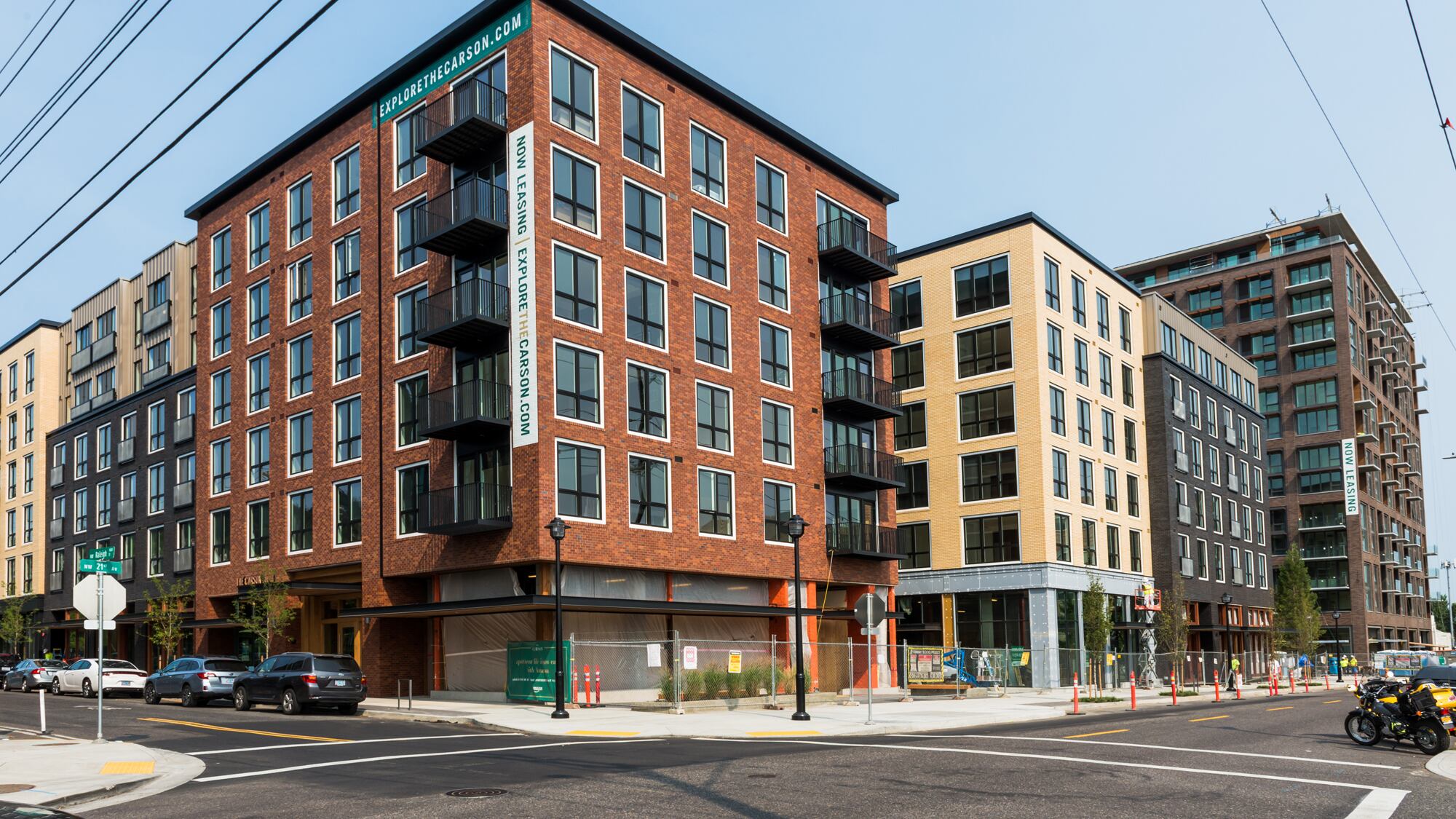With so many new homes and apartment buildings rising up in places where there once were none, shouldn't our tax revenue coffers be awash in fresh cash? Or is it the case, as my namesake said 150 years ago: "Property is theft"? —Henry George
Before I answer your question, Henry, I feel compelled to point out that while your namesake, the 19th-century economic writer Henry George, was definitely a redistributive, eat-the-rich kind of dude, he did not actually say "Property is theft." That distinction belongs to a different 19th-century hippie, Pierre-Joseph Proudhon. However, both men did have huge boobs.
Not really; it just seemed like everybody was falling asleep there for a minute. That aside, I'm sure that once we dive into the meat of the issue and are up to our eyebrows in municipal revenue streams, I'll have your complete attention.
The point of your question seems to be that, as we add units of housing stock, property tax revenues should rise, providing us with lots of extra money to spend on fun stuff.
There are a couple of problems with this. The most glaring is that all those new units of housing stock are being built because they're needed to house new residents. And those new residents, of course, will drive and park and poop and make garbage and get arrested and go to rehab and do all the other expensive things cities spend money on, making the whole proposition a wash over the long term.
But an even bigger problem with your premise is that property taxes, for all that they command our attention, don't constitute a majority of city revenues.
"The real reason we've seen such a big jump in revenue lies with business income taxes and hotel lodging taxes," says Heather Hafer of Portland's Office of Management and Finance. "High business profits and the emergence of Portland as a tourist destination have resulted in large revenue increases."
Anyone who has ever had to dodge a gaggle of German tourists on Segways will be pleased to learn that we're offloading a substantial portion of our city expenses onto their Day-Glo-jacketed backs. It almost makes you want to be nice to them. Almost.

